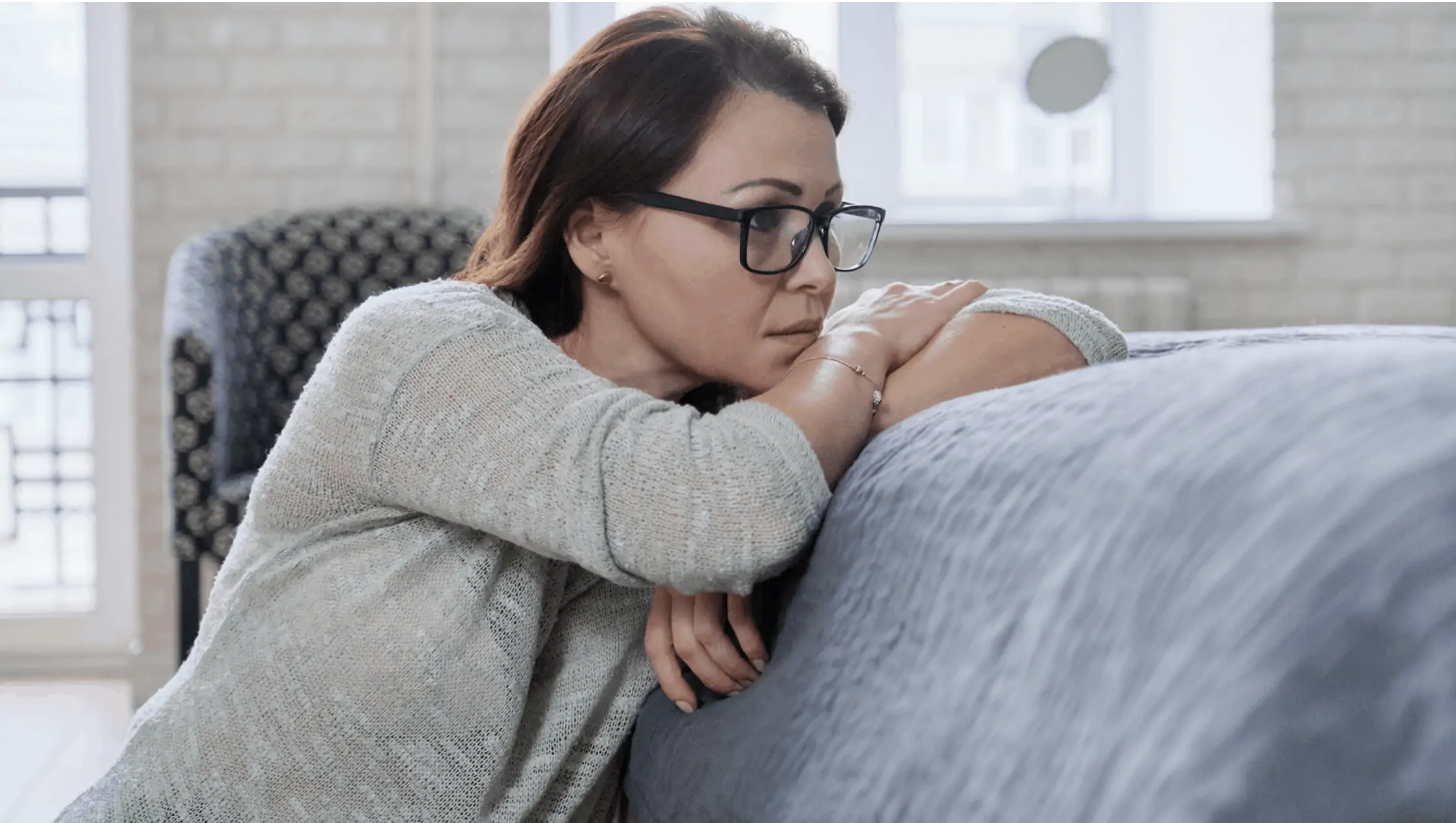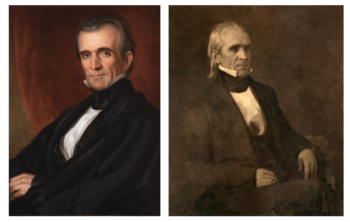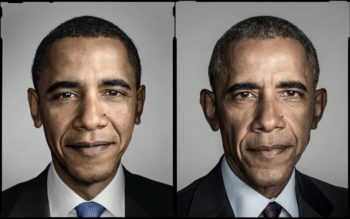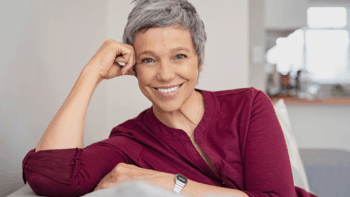How Stress And Anxiety Are Taking Years Off Your Life

Aging is a state of mind… or is it?
According to a lecture by Jill Helms from the Stanford School of Medicine, there is what we call “chronological aging” and “biological aging,” or how old our cells think they are.
Your chronological age is simply how long you have been living your life. It’s your age, strictly in terms of time: “65 years old”. This is the primary way people define their age. We often use chronological age in healthcare settings as the primary risk factor for things like chronic diseases, mortality, impairments, etc.
Biological aging, however, is the idea that aging occurs in your body based on the physiological changes that occur. Unlike chronological age, it takes into account several factors outside of just the day you were born, such as genetics, lifestyle, nutrition, current diseases, and more.
Here’s an example, if you’re a 40-year-old male who does not exercise, only eats fast food, and has smoked a pack of cigarettes per day for most of your life, your chronological age is 40. However, your biological age is likely to be a lot greater than 40.
Outside of a lab, aging is relative
Let me explain: in the 1900s, the average life span was 31 years. In the 2000s, that increased to 71. In 2020, there were an estimated 727 million persons aged 65 years or over worldwide. This number is projected to more than double by 2050, reaching over 1.5 billion persons.
In other words, we are living longer than ever before. And it doesn’t seem that this trend is about to go anywhere. Groups like Stanford, MIT, AARP, UCSD Center on Healthy Aging, the Milken Institute, the National Institute on Aging, and more are all writing and reporting on the impact of this trend on our world and our lives.
It’s why we at Wisdom Essentials talk so much about the Modern Midlifer and why it’s important that we –and others like us—are committed to, as Dr. Helms says, “thinking, rethinking and redefining the last 1/3 of our lives.”
What gets in the way of us being healthy as we age?
The Wall Street Journal recently reported on the “double whammy” of living, long, healthy lives: stress.
From making us ill to making us look older, stress is known to have adverse effects on our overall health. For example, I recently saw two portraits of James K. Polk, the 11th President of the United States. They were painted within three years of each other and in just three years of his raucous presidency, the man visibly aged. He actually died just months after leaving the White House after one term.

Former President James K. Polk in 1846 and 1849
Even more recently, if you compare images of Former President Barack Obama in his first year of presidency compared to his last – whew! The toughest job of the land is the perfect example of how stress can affect how you age, especially on the outside.

Former President Barack Obama in 2008 and 2016
Dr. Jill Helms describes this process of biological aging scientifically in her lecture. She explains that our DNA actually changes with stress. On the top of each strand of DNA are proteins called telomeres. Like the plastic tips on the top of your shoelaces, they are meant to protect our DNA and allow for cellular health.
However, when stress is added to your life and to your body, it actually shortens these telomeres and wears them down until there is little to no protection for your cells. Ultimately undefended, our cells can’t function properly and start to age and die.
Simplified, here’s what that looks like:
Stress → Shorter Telomeres → Cells Stop Functioning → Aging
Therefore, stress → aging.
In fact, research by Cambridge University shows that overreacting, constantly worrying, and living in a state of perpetual anxiety can reduce life expectancy. This is because stress and anxiety trigger your body’s flight-or-fight response, which causes you to secrete a hormone called cortisol.
Too much cortisol has been shown to lower the immune system and affect heart health. In other words, when our fight-or-flight is triggered, whether by real danger or by anxiety or stress, our bodies react physically.
What does this mean? It means that with the right lifestyle changes, you could actually mediate your body’s response to stress and anxiety and develop a younger biological age than your chronological age.
It’s all about how you live your life, how you continue on in this Second Act.

How do you prevent biological aging?
In the words of Dr. Helms, balance constitutes youth. A stable equilibrium within the body can help defend against biological aging. To do this, we have to maintain the mental strength to remain mentally engaged and to continue learning. With a regularly stimulated mind, those extra years we are getting can be well-spent.
Here are some other ways you can keep a lifestyle that exercises your biological age:
- Manage your stress levels so that your telomeres stay long and your cells stay healthy. Find ways to stay calm, sleep well, stay focused, and engage your mind.
- Maintain a healthy diet. Eating well reduces the effect of stress on your body by reducing oxidation and inflammation and thus creating a solid, more enduring foundation for your body.
- Keep your body moving. Exercise reduces levels of the body’s stress hormones, such as adrenaline and cortisol. It also stimulates the production of endorphins, chemicals in the brain that are the body’s natural painkillers and mood elevators
As Modern Midlifers, we keep these practices at the forefront of our minds and infuse joy into our lives by making these habits. It’s how we can live our best lives on our own terms.
We develop our unique products with all this in mind, so you can enjoy your life and regulate the impact of stress on your body. Check out our CALM tincture to help to maintain well-being, reduce symptoms of anxiety, and give voice to your inner wisdom that knows exactly what to do (or what not to do).


